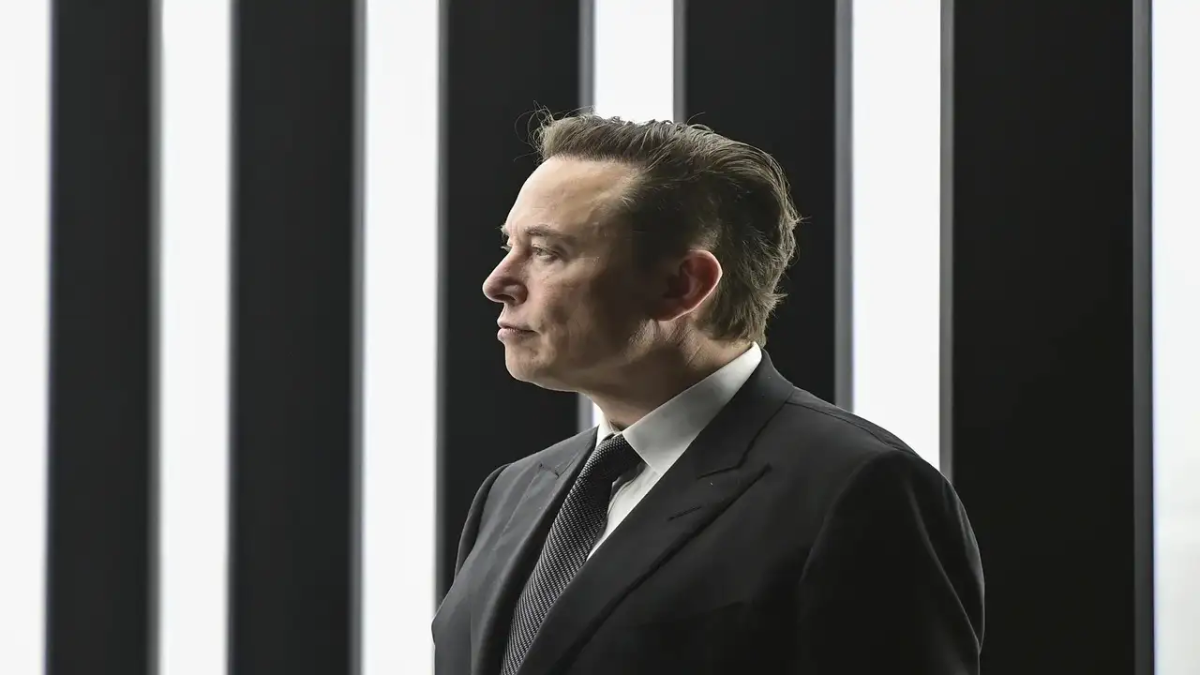A political action committee (PAC) associated with Elon Musk has launched a controversial initiative in Wisconsin, offering voters $100 to sign a petition against what it calls “activist judges.” The move has sparked debates about election integrity, judicial independence, and the role of money in political advocacy.
The Initiative: Cash for Petitions
The PAC, known as Future Justice, is financially backing efforts to limit the influence of judges it claims are pushing a political agenda rather than upholding the law.
To incentivize participation, the PAC is reportedly offering a $100 payment to Wisconsin voters who sign the petition, aiming to gather enough support to introduce measures that could limit judicial authority or lead to recall efforts against certain judges.
The campaign’s website states that “activist judges have overstepped their bounds, legislating from the bench and undermining democracy.” The PAC argues that Wisconsin’s judicial system needs reform to ensure judges adhere strictly to the law rather than personal or political beliefs.
Legal and Ethical Concerns
The initiative has raised several legal and ethical concerns. Election law experts warn that paying individuals to sign petitions could be viewed as voter manipulation or an attempt to undermine the judicial system’s impartiality.
Some critics argue that the campaign could violate state laws regarding election bribery, while others question the ethical implications of offering financial incentives for political participation.
Election officials in Wisconsin are currently reviewing the legality of the payments. If deemed unlawful, Future Justice could face fines or legal action. However, PAC representatives maintain that the payments are a legitimate means of encouraging civic engagement, likening them to campaign donations or political contributions.
Political Reactions: Divided Opinions
Reactions from political figures have been sharply divided. Republican lawmakers and conservative groups largely support the initiative, arguing that activist judges have become a problem in Wisconsin and that reforms are necessary to restore balance in the judiciary.
“Wisconsin’s judicial system has been taken over by activists who are imposing their views rather than interpreting the law. This petition is an essential step toward restoring fairness and accountability,” said a spokesperson for Future Justice.
On the other hand, Democrats and progressive organizations have denounced the effort, calling it an attack on judicial independence. Some have compared it to past attempts to politicize the judiciary, warning that such measures could erode trust in the legal system.
“This is an outrageous attempt to buy influence and manipulate public opinion against independent judges who rule based on law, not politics,” said Wisconsin Democratic Party Chair Ben Wikler.
Potential Impact on Wisconsin’s Judiciary
If the petition gains significant traction, it could lead to a referendum or legislative action to impose restrictions on judges perceived as activist. Possible outcomes could include judicial recall elections, stricter appointment processes, or even limits on judicial review powers.
Legal analysts caution that such changes could weaken the judiciary’s ability to serve as a check on legislative and executive power. “Judges must be free to interpret the law without political pressure. Efforts to curb judicial authority based on ideological disagreement set a dangerous precedent,” said constitutional law expert Daniel Strauss.
Public Opinion and Voter Response
Wisconsin voters have expressed mixed reactions to the campaign. Some see it as a necessary measure to curb judicial overreach, while others are alarmed by the financial incentives being offered.
“I think it’s a great idea. Judges have too much unchecked power, and they should be held accountable,” said Mark Reynolds, a voter from Green Bay.
However, others see the initiative as problematic. “Paying people to sign a petition seems unethical. It feels like an attempt to undermine democracy rather than protect it,” said Madison resident Emily Larson.
Conclusion: A Controversial Move with Uncertain Outcomes
The Future Justice PAC’s move to offer $100 to Wisconsin voters for signing an anti-judicial activism petition is an unprecedented political strategy that has ignited heated debate. While supporters argue it is a necessary step toward judicial reform, opponents see it as a dangerous interference in an independent judiciary.
With legal scrutiny mounting and public opinion divided, the campaign’s future remains uncertain. The coming weeks will reveal whether this initiative gains momentum or faces legal roadblocks that could halt its progress.
For more insights into the legal challenges surrounding judicial activism and political funding, visit the Brennan Center for Justice.
Disclaimer – Our team has carefully fact-checked this article to make sure it’s accurate and free from any misinformation. We’re dedicated to keeping our content honest and reliable for our readers.
